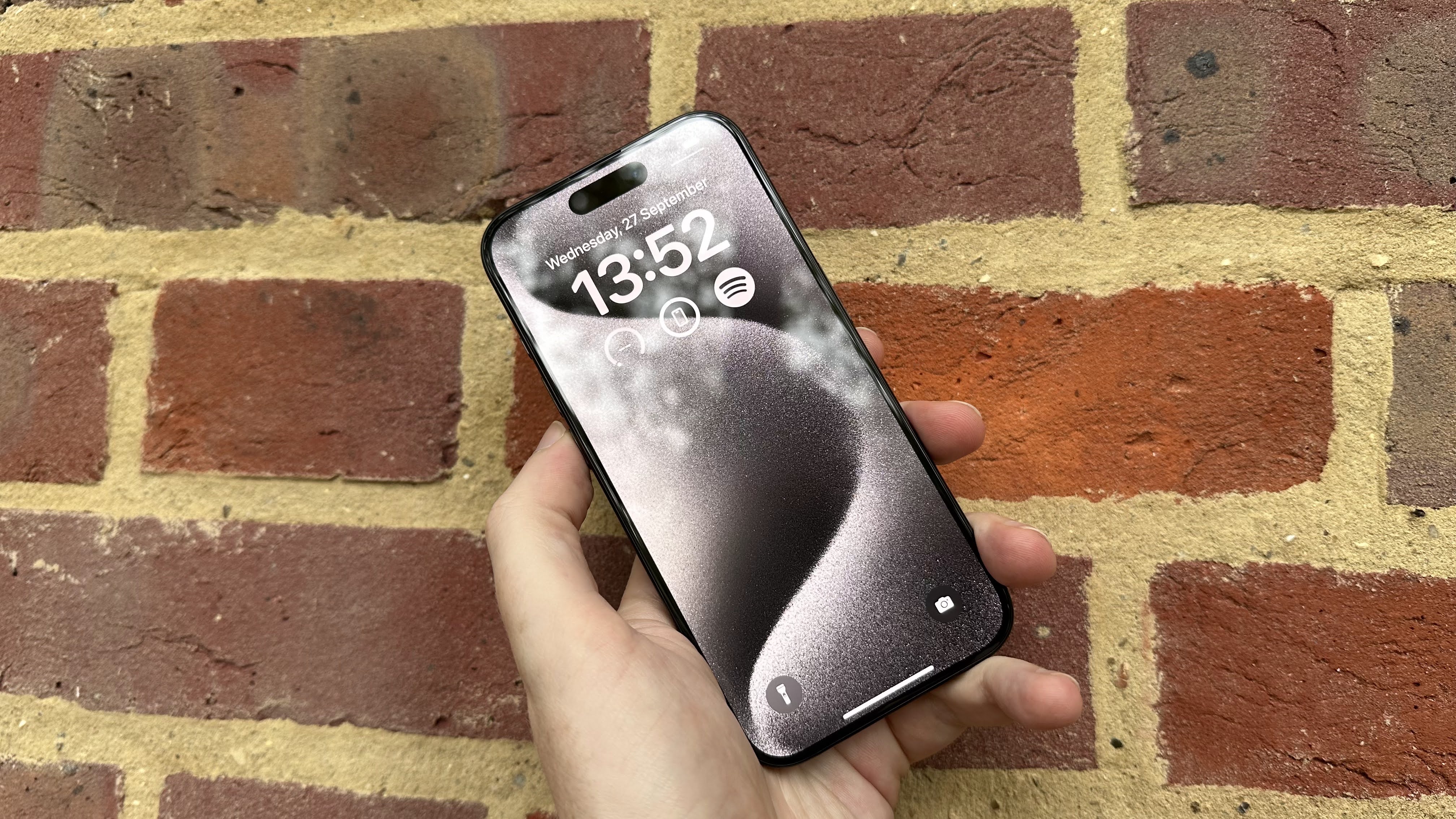
Amid a backdrop of turbulent smartphone sales around the globe and Apple's iPhone struggles in China, a new report has detailed the number of new phone activations across the United States — and it doesn't make for good reading if you're an Apple shareholder.
The report looked into new phone activations for the most recent quarter and notes that over the past four quarters, Apple's share of phone activations has fallen from 40% at its peak to just 33% for the 12 months that ended March 2024.
The news comes as Apple and other phone makers are accused of limited improvements with each new generation, and it's suggested that Apple's own success may be the reason that it's struggling to sell new handsets today. But is it really possible that iPhones are so good, that people aren't buying the devices like the iPhone 15 and iPhone 15 Pro?
iPhone down, Android up
The report came via CIRP and was posted to Stubstack. "We now have new figures on iPhone share of new smartphone activations in the US. Unfortunately for Apple, that share continues to decline," the report begins.
CIRP believes that while the iPhone's share of the installed smartphone base is higher, "the reality of sales market share is a more difficult situation for Apple."
Apple released its best iPhones yet in September 2023 and is expected to do so again this September when the iPhone 16 and iPhone 16 Pro debut. But it remains to be seen whether those new iPhones can arrest an issue that seems to have been bubbling under the surface for some time now.
The CIRP report touches on something that has been suggested before — modern phones are so good that people don't need to upgrade. To put it another way, new phones don't come with huge new features and big redesigns anymore, removing the need for people to upgrade. As an example, the iPhone X was a huge departure from the iPhone 7 that came before it. We haven't seen a similar change since.
Durability has also improved in recent years, allowing iPhones to last longer. The chips used are faster than ever, ensuring that they continue to run the latest apps, games, and iOS updates with ease. Apple's iOS updates themselves continue to support older iPhones as a result, too.
And then, there's the cost. Prices have increased to the point where it's harder to justify upgrading to a new iPhone for minimal gain. Apple's trade-in programs can help here, but it's always been known that most iPhone buyers don't upgrade every 12 months anyway, after which point trade-in values can often plummet.
Much of this may be backed up by the swing to Android. As Apple's smartphone activation share falls, Android's increases. The plethora of cheaper Android phones changes the buying decision considerably, making a quicker upgrade plan more likely.
Apple could potentially change that by launching a budget iPhone of its own. The rumored iPhone SE 4 isn't likely to be it, unfortunately, with the addition of a new display and Face ID likely to ensure a $400+ price point.







